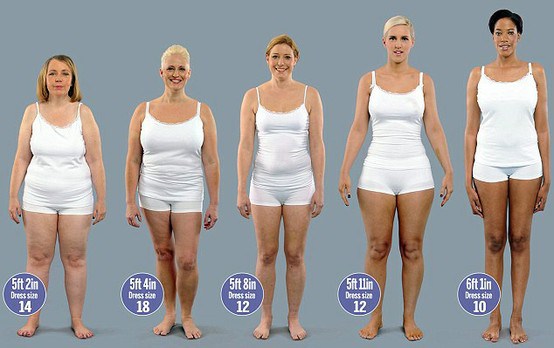Women’s roller derby has had a checkered history. Even now, with the modern version gaining speed and popularity, many people still associate derby with the staged, televised 1970s banked-track version of the sport. Those earlier iterations were made of pro … Continue reading
Ula Klein
Female genital mutilation, which, according to this NY Times article, has only been illegal in the US since 1996, is still the norm in at least 29 nations, according the UN. Despite the ban on the practice in Western countries … Continue reading
“Fat phobia,” “thin privilege,” and “fat-shaming” are phrases that have started to enter mainstream discourses on body image and healthy eating, yet they remain contentious. A couple of recent debates on the topic suggest that not only is fat-oppression not … Continue reading
By now most of us are familiar with the rough outline of what happened in Santa Barbara on Saturday, May 24, 2014: a deranged young man with a history of violence and hatred towards women killed 6 young women and himself, but not before leaving behind a manifesto declaring that he was going to punish these women for scorning his sexual advances.
In the wake of the tragedy, a new hashtag has appeared on Twitter, #YesAllWomen, in response to the recent phenomenon “Not All Men.” The phrase “Not all men” is a familiar one to most women: it’s the knee-jerk reaction many men have when we try to have conversations about sexism, misogyny, and discrimination and violence against women. “But not all men are like that!” our interlocutors might interject.
Continue readingFeminist scholars have, for many years now, analyzed and interpreted the problems of body image that plague Western culture. Susan Bordo, Sandra Lee Bartky, Susie Orbach, and bell hooks are only a couple examples of prominent feminists who have examined the problem of how women understand their bodies, the cultural expectations for women’s bodies, and how these expectations produce a skewed body image that has little to do with “health.”
Similarly, what constitutes a healthy female body is also a contentious issue, as more recent explorations of health perceptions have shown us. A recent Tumblr post explicitly challenges some of the standard tools of Western medicine for determining healthy body weight.
Foz Meadows’s post, entitled “Female Bodies, a Weighty Issue,” made the rounds recently on social media. In her post, she argues that we as a society are still obsessed with thinness and ideal female body types that have little to do with lived reality. She explodes the concept of BMI as an accurate measurement of health, considers the problematic institution of clothing sizes for women, and examines the lack of linkage between weight and health. She concludes by arguing that “fat” simply means “not thin,” thus anticipating the criticism of many who are quick to point out that being overweight or obese can have detrimental effects on one’s long-term health. The issue is not about obesity; the issue, for Meadows, is that women who do not embody an ideal of female beauty (unnatural and unattainable for the majority of women) are often perceived as fat.
Continue reading

